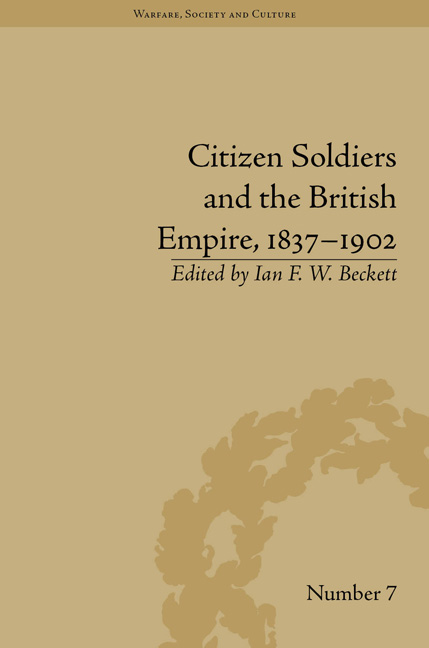4 - Canada
Summary
Of the many challenges Canada has faced since Confederation in 1867, none has involved such an expenditure of blood and treasure as its participation in overseas wars. Today, cenotaphs all across the country's 3,000-mile expanse commemorate the sacrifices its soldiers have made in foreign wars. From the South African veldt in 1899–1902 to Flanders Fields, Normandy, Korea and Afghanistan, so greatly has expeditionary warfare come to dominate the profession of arms in Canada that it almost completely overshadows the traditions of an earlier era when the country's wars were fought on its own soil.
Throughout the nineteenth century, British North Americans adhered to a model of amateur military service that was transplanted to the new world by English settlers, where it became a founding military tradition of both Canada and the United States. With its entire focus on home defence, the Canadian militia was a part-time force based on universal liability to military service and intended to act as an auxiliary to the British army. Provisions for a levée en masse had been set in place at the time of Upper Canada's founding in 1791, shortly after its Loyalist settlers arrived as refugees from the newly independent United States. Meanwhile, the militia traditions of French-speaking Lower Canada drew back even further to the French regime and the ancient obligation of habitant farmers to render military service in time of war. So while the precise form and organization of these amateur forces differed in each of the British North American colonies before Confederation, all were based upon an underlying principle of obligatory service for almost the entire adult male population. Though seldom resorted to, these powers of conscription would remain in the country's statutes until the revised National Defence Act of 1950.
Companies or regiments of embodied militia throughout the period 1837 to 1899 were nearly always organized around a single community or county. At the outset of the Victorian era, the nominal rolls of the Sedentary Militia included all able-bodied males between the ages of 16 to 60 in Lower Canada and 18 to 60 in the upper province.
- Type
- Chapter
- Information
- Citizen Soldiers and the British Empire, 1837–1902 , pp. 79 - 100Publisher: Pickering & ChattoFirst published in: 2014



